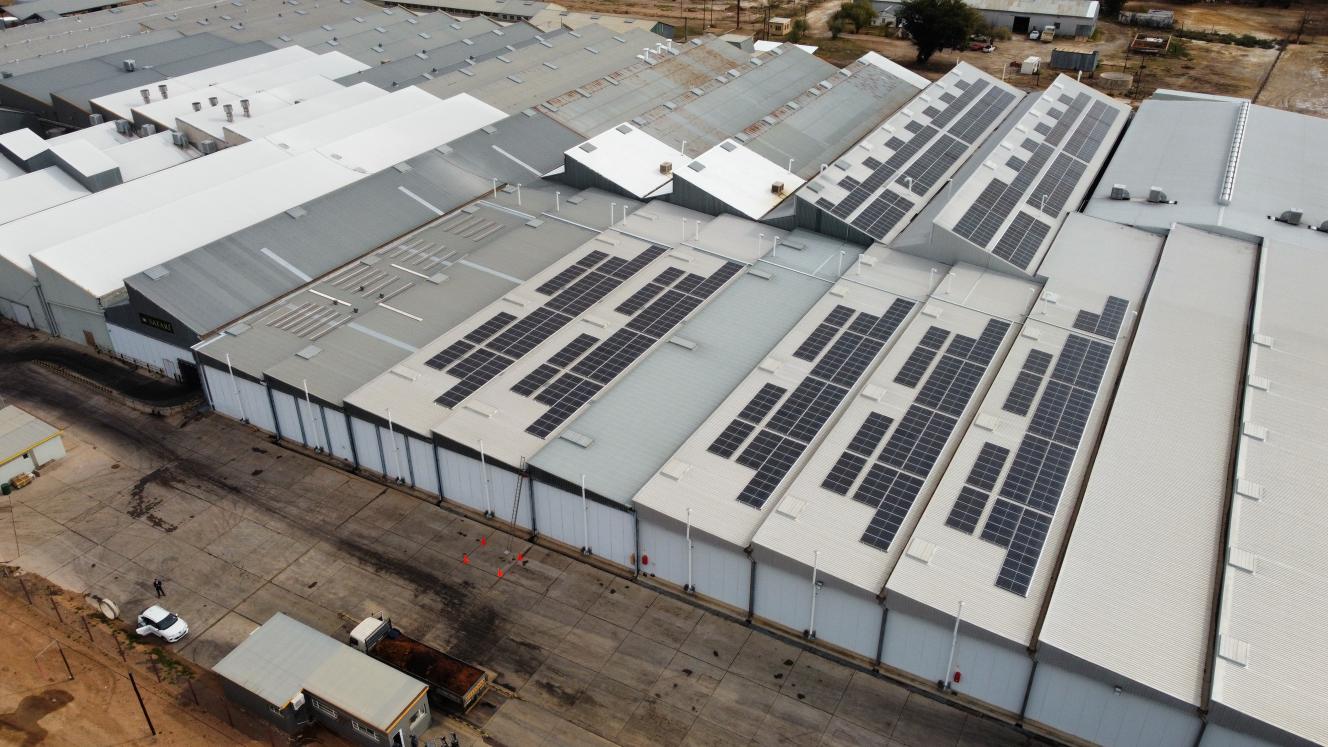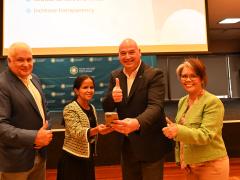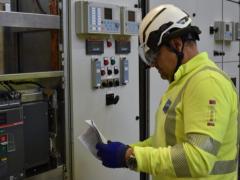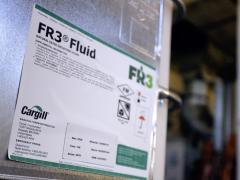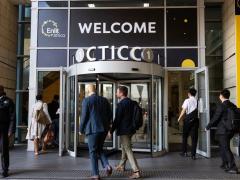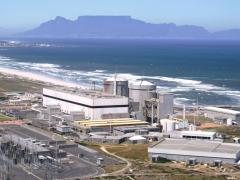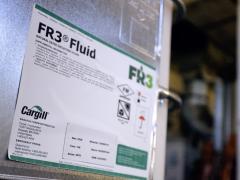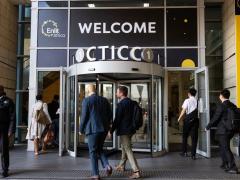Climate change is the most pressing challenge of the twenty-first century, perhaps the greatest, truly global challenge humankind has ever faced. Global food and beverage leader, PepsiCo is committed to doing its part to address the impacts of climate change — by aiming to source and generate 100% of its electricity needs through renewable energy by 2030.
As part of PepsiCo Positive, a strategic end-to-end transformation with sustainability at the centre of how the company will create growth and value by operating within planetary boundaries and inspiring positive change for the planet and people – PepsiCo is taking actions such as adopting more energy-efficient manufacturing processes and shifting to renewable electricity.
“We are also advancing our sustainability agenda by further reducing carbon emissions in our own operations and supporting our business partners on their journey by sharing best practices, building capabilities, and collaborating on solutions”, says Steven Wolfaardt, Sustainability Lead for Pepsico sub-Saharan Africa.
In South Africa, significant progress has been made. Current installed capacity at 12 production sites and two distribution centres is 9,8 MW, with total annual electricity generation amounting to 10 590 000 kWh (from August 2021 to July 2022). Furthermore, new installations have recently come online, with several others underway.
Solar installations at the Atlantis Cereals and South African Dried Fruit Plant in Upington were completed in July 2022; the Weet-Bix Plant and Parow Central Distribution Centre installations are scheduled to be completed in November 2023; Isando Phase two and Ceres Beverages will be completed in early 2023.
Expected total annual electricity produced by Weet- Bix, South African Dried Fruit (SAD) Upington Plant, Parow CDC and Atlantis Cereals will be around 4,2 GWh.
As part of PepsiCo’s plan to reduce Scope 2 emissions, achieve 100% renewable electricity and be more sustainable in its operations, they plan to maximise onsite renewable electricity generation wherever possible. In line with their sustainable agenda the sites were selected based on:
- The space availability
- The sites contribution to our total electricity demand
- The potential to replace the demand with solar generated power
- Opportunity to relook business efficiencies
All projects are grid tied projects with solar panels and inverters feeding into the site reticulation. The principle of a grid tied installation means that solar simply offsets the sites electrical demand and the site uses less municipal electricity in the day when the solar system is producing electricity.
PepsiCo will also be supporting the City of Cape Town’s goal of shifting to 100% renewable energy by purchasing power from decentralised commercial and industrial producers.
“We’re planning to source renewable electricity through signing power purchase agreements with Independent Power Producers or directly from the municipalities or other supply authorities, were possible”, concludes Wolfaardt.
PepsiCo continues to accelerate its renewable energy commitment by investing in more partnerships and new technologies designed to create positive outcomes for the planet and people.
About PepsiCo
PepsiCo products are enjoyed by consumers more than one billion times a day in more than 200 countries and territories around the world. PepsiCo generated more than $79 billion in net revenue in 2021, driven by a complementary beverage and convenient foods portfolio that includes Lay’s, Doritos, Cheetos, Gatorade, Pepsi-Cola, Mountain Dew, Quaker, and SodaStream.
PepsiCo's product portfolio includes a wide range of enjoyable foods and beverages, including many iconic brands that generate more than $1 billion each in estimated annual retail sales. In South Africa, the company’s brands include Weet-Bix, Simba, Liqui Fruit, Lay’s, SASKO and White Star.
Guiding PepsiCo is its vision to be the global leader in beverages and convenient foods by winning with PepsiCo Positive. PepsiCo Positive is the firm’s strategic end-to-end transformation that puts sustainability and human capital at the centre of how it will create value and growth by operating within planetary boundaries and inspiring positive change for planet and people.
Contact PepsiCo, https://www.ssa.pepsico.africa
